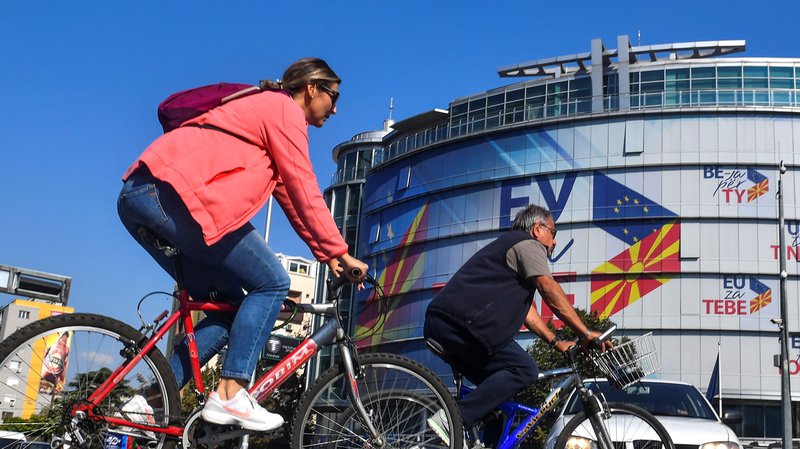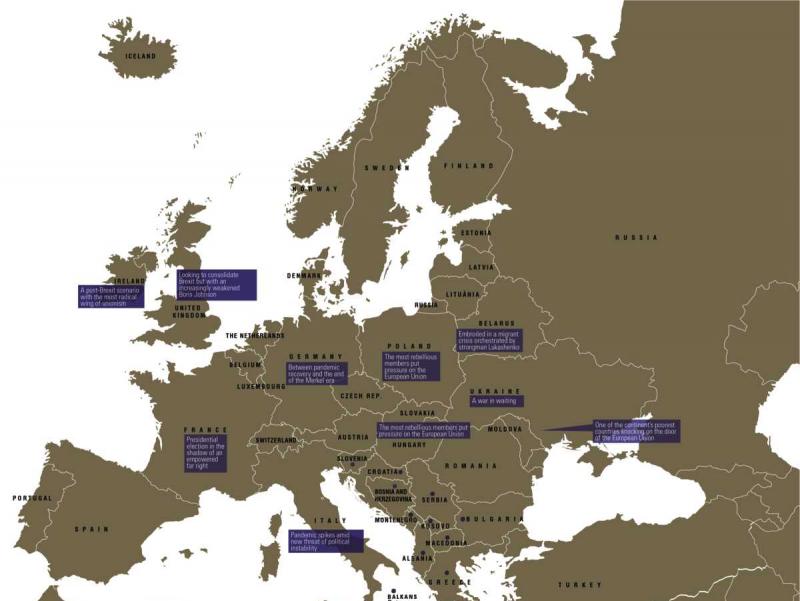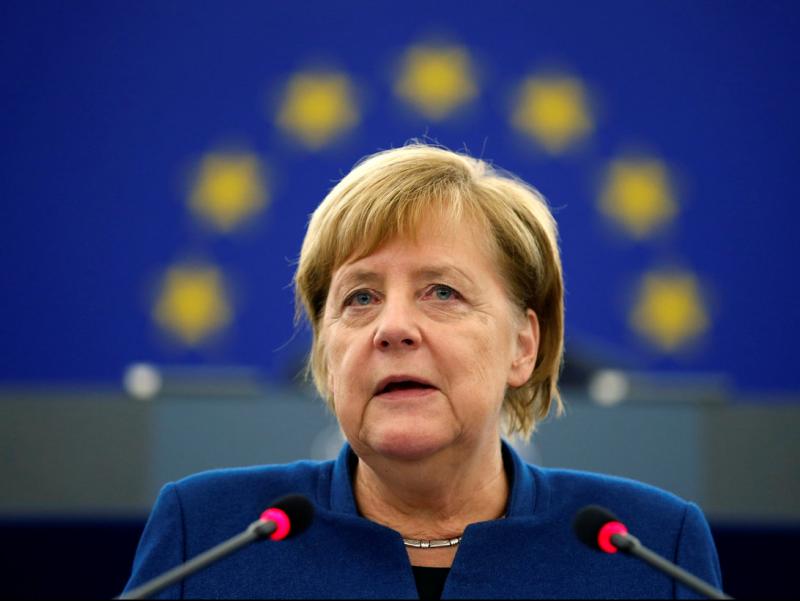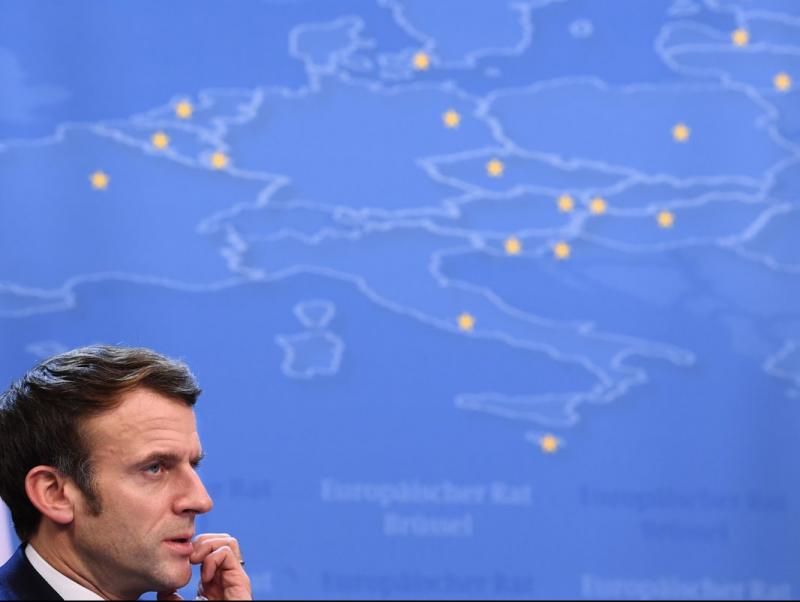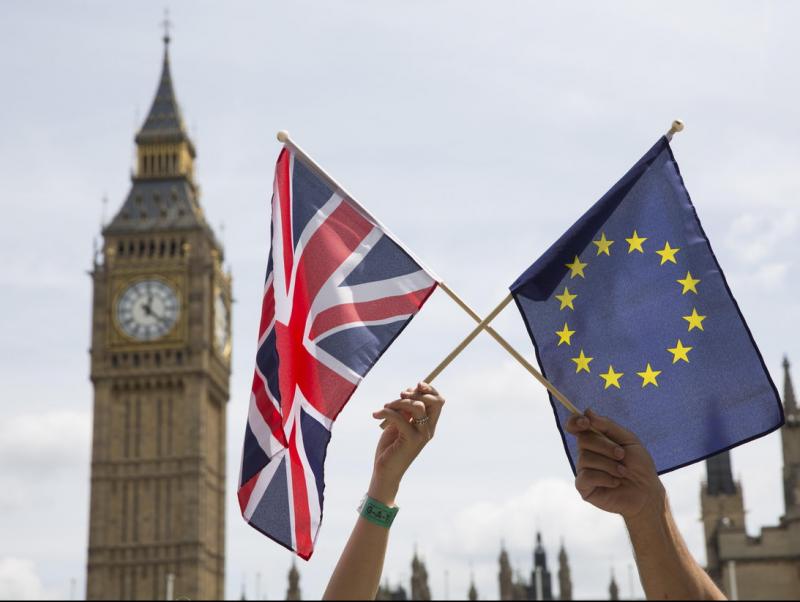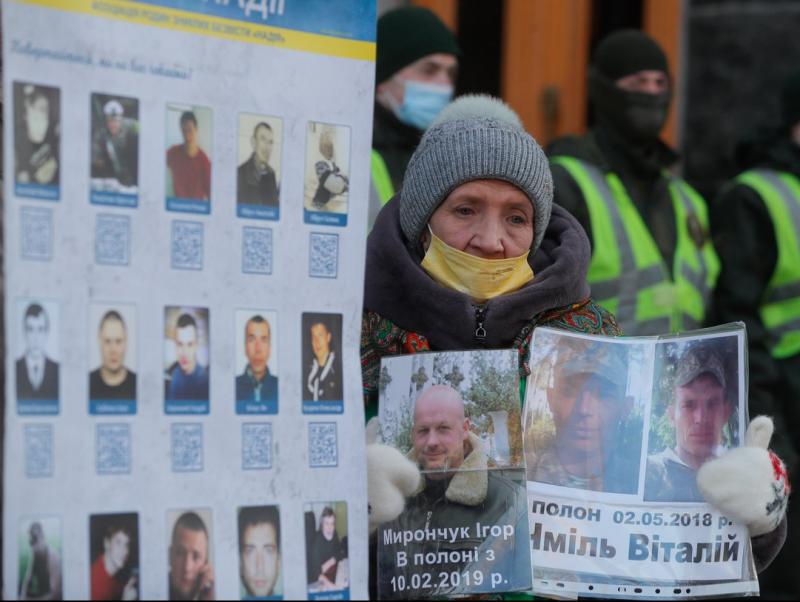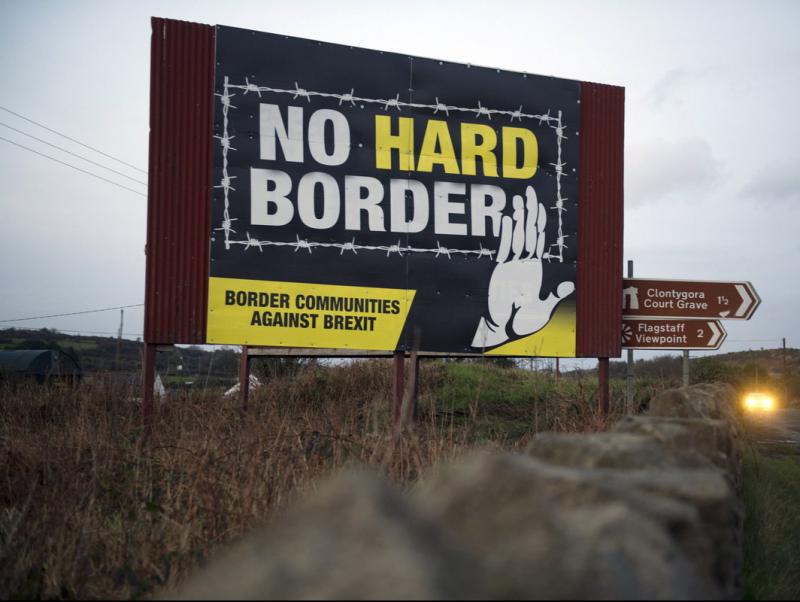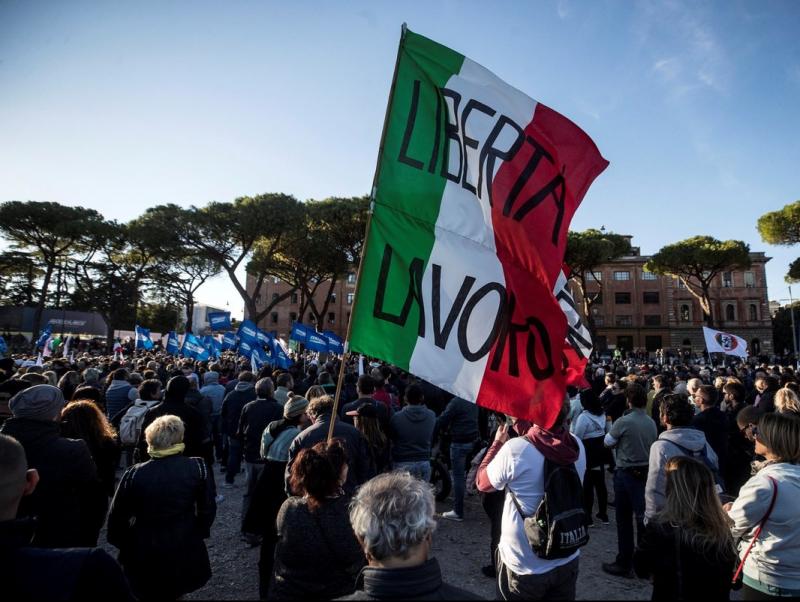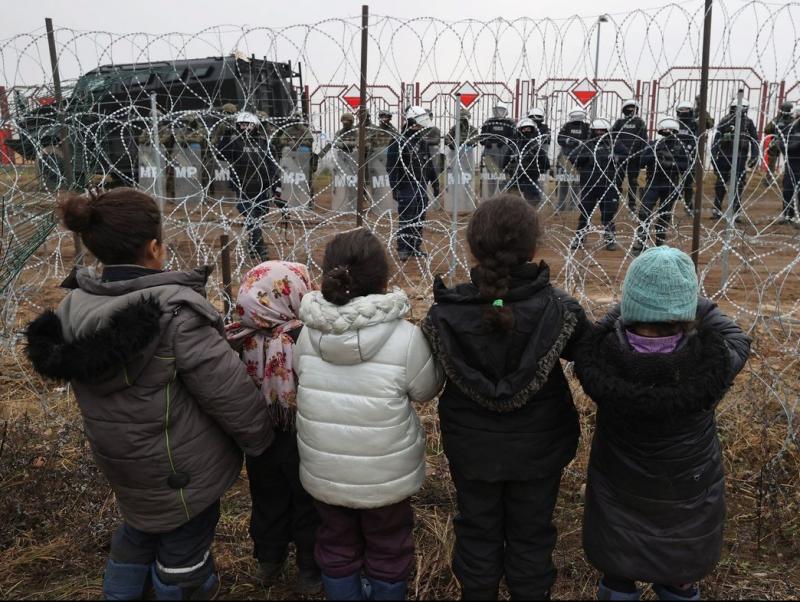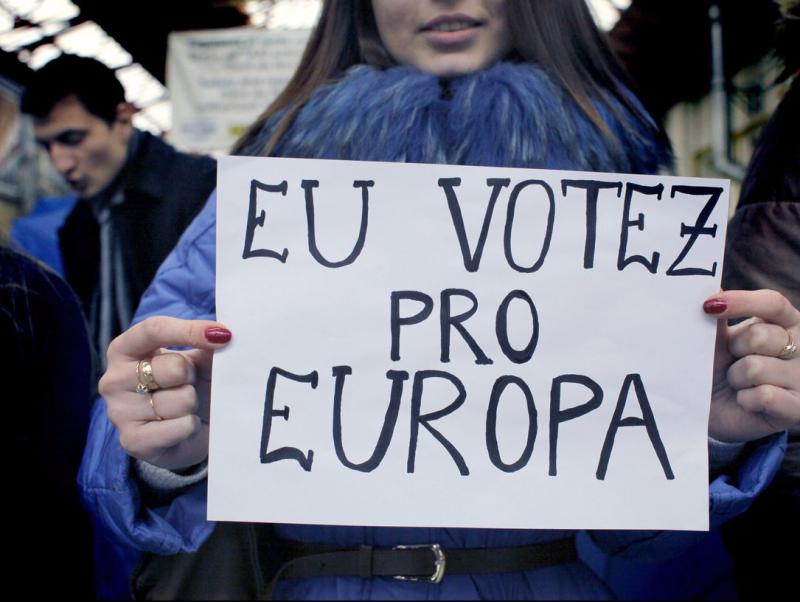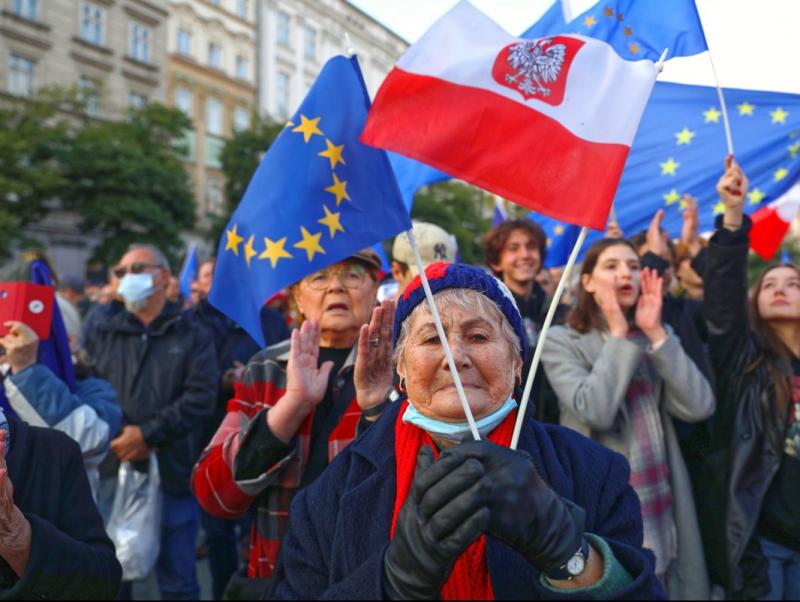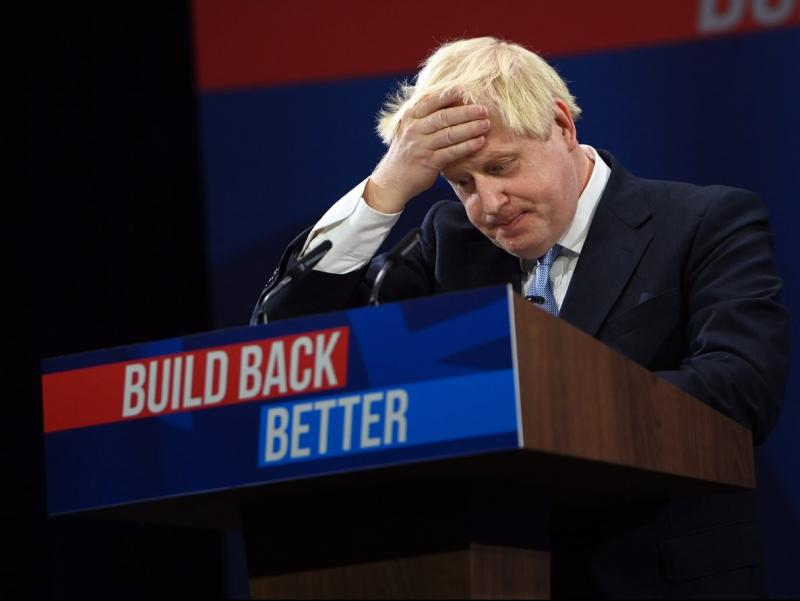Sovereignty and joining the EU
The Balkan war ended over two decades ago, and since then the affected countries in the heart of old Europe have been queuing up to join the European Union. So far, only Slovenia and Croatia have managed to become members of the bloc. One of the main reasons for this, and one of the main stumbling blocks to joining, is that requirements for entry include making major economic and political reforms.
Another difficulty comes from Emmanuel Macron’s France. The French president has advocated blocking any more major enlargements of the EU, such as the ones that took place during the first decade of the 2000s. One of the main reasons given by Macron is that once inside the union, it is very difficult for new member states to make the necessary changes.
Above all, the Balkan countries are looking to Europe as the best way of ensuring economic stability, not only because of the European funds that would be available to them, but also because they could access one of the world’s largest common markets.
Serbia has been a candidate to join the bloc since 2009, but as the EU has dragged its feet in letting it in, the Balkan country is once again starting to look to one of its traditional allies: Russia. Other candidates, such as North Macedonia and Albania, have made major reforms. In the latter, which was a communist stronghold for decades, there have even been demonstrations against political corruption and a show of support for the country’s entry into the EU. As for Bosnia and Herzegovina, it is not yet a formal candidate.

